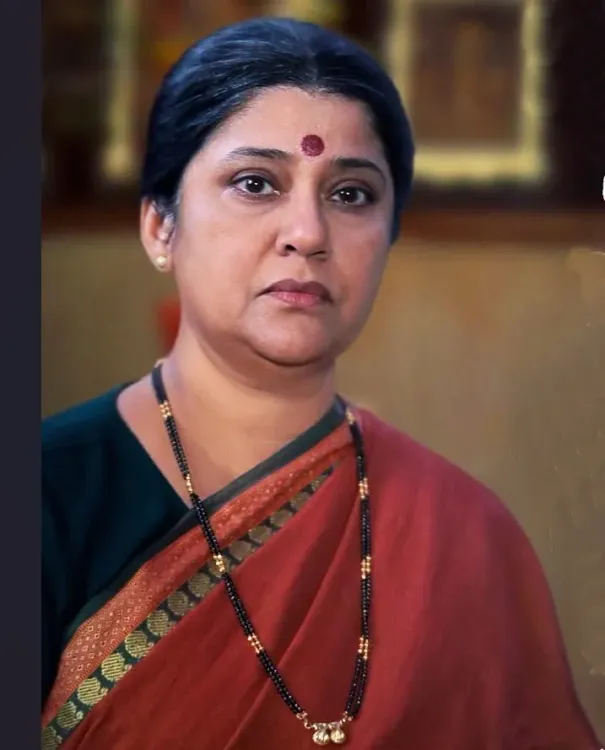What Does Renuka Shahane Think About Today’s High-Priced Actor Culture Compared to the 90s?

Synopsis
Key Takeaways
- Renuka Shahane reflects on the changing dynamics of the film industry.
- Modern actors often require extensive support teams.
- Social media has become integral to an actor's brand management.
- The production costs today are significantly influenced by these changes.
- Empathy towards actors’ challenges is crucial in understanding the industry’s evolution.
Mumbai, July 2 (NationPress) Renowned actress and director Renuka Shahane has shed light on the significant changes in the film industry’s dynamics from the 1990s to the present day.
Reflecting on the escalating expenses associated with actors and their extensive teams, the ‘Hum Aapke Hain Koun..!’ star emphasized that actors in the 90s successfully navigated their careers without the need for extravagant entourages. She observes that the industry has evolved dramatically, with contemporary actors depending on numerous managers, stylists, and social media experts, which collectively inflate production costs.
Renuka shared with IANS, “The culture has transformed due to the multitude of platforms available today for actors to express themselves. If you are a major star, for example, there are individuals dedicated to managing your social media presence, others focused solely on your social media advertisements, and even more for overseeing your commercial ads. Additionally, there are specialists for your costumes, leading to extensive collaboration.”
“This division of labor explains the larger number of people involved. Such a workforce only exists if it is financially feasible for those footing the bill,” she added.
Renuka elaborated, “It's not a spontaneous decision by a star to request ten people instead of one. If a star has ten people with them and if the producer deems it crucial for the star's comfort and is ready to invest in that entourage, they will do so, or they may negotiate to handle fewer individuals on set.”
“If you can manage it financially, then it happens. For those who cannot, the star might insist, saying, ‘I prefer not to take on your project unless I have my team with me,’ or they may choose to compromise for that specific project,” she explained.
“One should not hastily judge the size of a star's entourage. Previously, there were limited avenues for stars to capitalize on. Therefore, I believe we need to exercise more empathy. It's easy to criticize, but it ultimately boils down to comfort,” the actress emphasized.
On the professional front, Renuka Shahane’s latest directorial project, a Marathi animated short titled “Loop Line,” was showcased at the 2025 New York Indian Film Festival on June 21. The film delves into the emotional isolation and silent struggles faced by Indian housewives ensnared in conventional, patriarchal settings.








